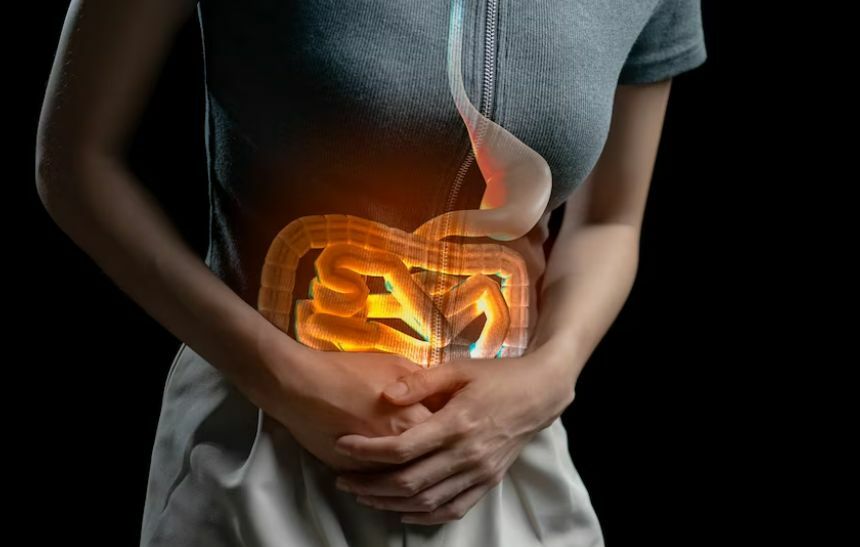Diarrhoea could be heart attack warning, doctors in Thailand discover

A sudden case of acute myocardial infarction, commonly known as a heart attack, presented in a 50 year old businessman with persistent diarrhoea, shocked the medical community. The individual, who had been suffering from diarrhoea for three consecutive days without seeing any improvement after medication, was diagnosed with the condition after a hospital visit for emergency treatment.
Dr Xie Tunren, a gastroenterologist and hepatologist, explained that the patient travelled for business to Taiyuan, where he experienced continuous diarrhoea for three days. Despite taking medication, the condition worsened, prompting a visit to the hospital.
The doctors, alarmed by the deteriorating symptoms, suspected an underlying abnormality in the body which led to the diagnosis of acute myocardial infarction after further examination.
Dr Xie Tunren elucidated that certain parts of the heart muscle dying could manifest as diarrhoea.
The reason for this is the connection between the blood vessels in the right chamber of the heart and the lungs through some automatic nerves, particularly the parasympathetic nerves.
When stimulated, these nerves cause continuous diarrhoea. The patient was fortunate that cardiologists promptly treated him, leading to his recovery.
Blocked blood vessels
Dr Bai Yongjia, an emergency department doctor, previously clarified that myocardial infarction primarily occurs when the heart’s blood vessels are blocked, depriving the heart of oxygen.
The stimulus from the heart is sent through the somatic nerves, the spine, and then to the brain, causing chest tightness and pain. However, once the stimulatory signal from the heart reaches the spinal cord, it connects with the sensory nerves of the upper body, such as the molars, shoulders, arms, and other nerves, causing related symptoms like “toothache” and “shoulder pain.”

Dr Bai Yongjia warned the public that if they suddenly experience a severe toothache, where the pain worsens when eating, and the pain spreads to the jaw, or even along with shoulder pain, chest tightness, and chest pain, and all three symptoms appear together, they should immediately see a doctor.
Apart from toothache, preventive medicine doctor Chen Jiangyu noted four other abnormal symptoms of myocardial infarction
“Pain spreading from the heart to the groin and gums, upper abdominal and back pain, left shoulder, waist, and arm pain, and feeling tight as if being stepped on by an elephant when the body is resting.”
Therefore, when these symptoms appear, the public is urged not to ignore them, reported KhaoSod.
Ruixin, a Chinese medicine practitioner, pointed out that before a myocardial infarction occurs, there is continuous pressure on the chest, and chest tightness can be easily felt.
In addition, other minor details can also be a signal to ask for help, such as pain in the shoulder and neck, feeling breathless or dry throat all the time, or feeling numbness in the chin. If combined with cold sweat, be extra cautious.
Follow more of The Thaiger’s latest stories on our new Facebook page HERE.
Latest Thailand News
Follow The Thaiger on Google News:


























